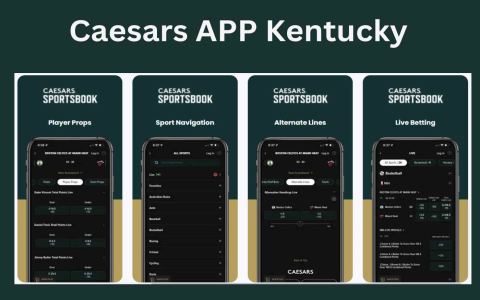Okay, so I’ve been diving deep into sports data lately, trying to get better at, well, predicting outcomes. It’s more of a hobby, but I like to think I’m getting the hang of it. Today, I decided to tackle the “Kentucky Oregon State prediction” thing. Here’s how it went down:

First, I gathered all the recent game data I could find for both Kentucky and Oregon State. I mean everything – scores, player stats, who played well against whom, the whole nine yards. I just dumped it all into a big spreadsheet. It looked like a mess at first, honestly.
Then, I started looking for patterns. Did either team consistently blow out weaker opponents? Did they struggle against teams with good defenses? Stuff like that. I scribbled notes all over the place, highlighting anything that seemed important.
Next, I tried to factor in things that are harder to put into numbers. Like, is there any buzz about a key player being injured? Are there any rumors of, like, internal team drama? It’s all speculation, but sometimes that stuff can matter.
- I spent a good chunk of time just reading articles and forum posts.
- I even checked a few sports betting sites, not to place any bets, but just to see what the “experts” were thinking.
After all that, I took a step back. It’s easy to get lost in the details, so I forced myself to think about the big picture. Which team’s strengths match up better against the other team’s weaknesses? That kind of thing.
Finally, I made my prediction.I felt * isn’t some magic formula, I’m using my collected data and do my best. No guarantees, of course, but it’s a fun exercise, and hey, sometimes I even get it right!

It’s a lot of work, but I enjoy the process. It’s like solving a puzzle, and it’s satisfying when you feel like you’ve put the pieces together in a way that makes sense.










